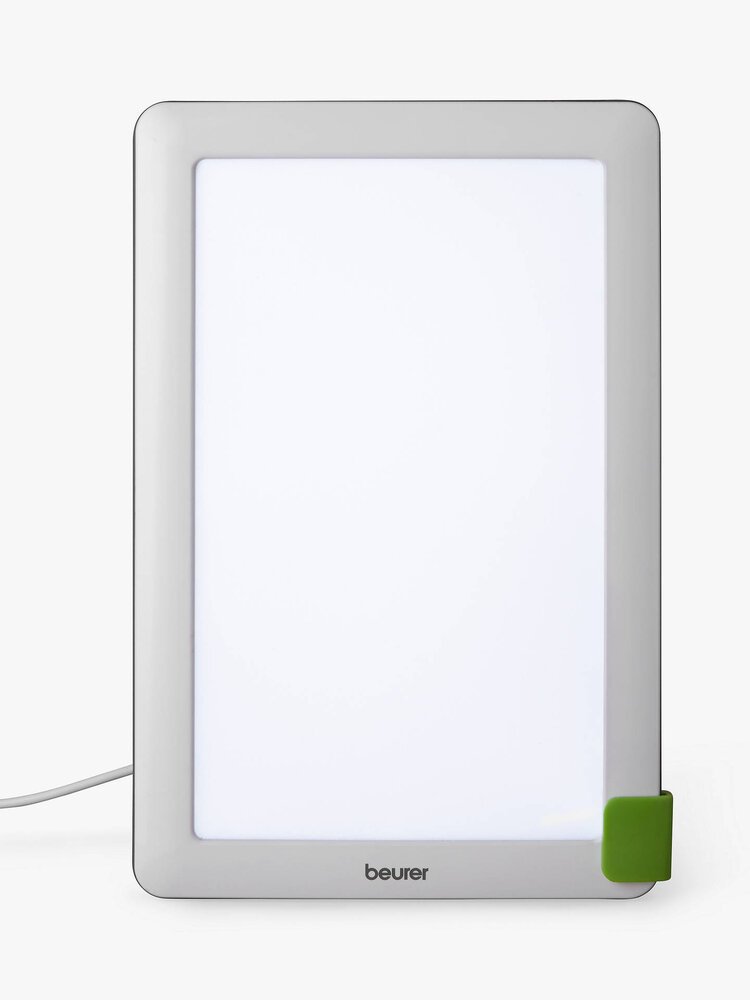Dysregulation of the Cortisol Awakening Response (CAR) and Mental Wellbeing
Estimated reading time: 3 mins 46 seconds
The role of cortisol and CAR in health
Many of you may have learnt about cortisol and the role it plays in our body, in particular within the context of our nervous system’s ‘fight or flight’ response. In some ways, the function of this very important hormone has been oversimplified and I have often seen it demonised as our stress hormone that must be kept as low as possible for optimal health. However, many don’t know that healthy, robust cortisol levels are actually essential for good health and mental well-being.
One of cortisol’s most important roles is in waking us up in the morning so that we are ready to start the day and have enough energy to last us till the evening. It has a diurnal rhythm, meaning that it slowly begins to rise from 2am - 3am and should peak early morning 30-40 mins post-waking, after which it should gradually taper off throughout the day until melatonin - our sleep hormone - takes over. This morning peak after waking is called the cortisol awakening response (CAR) and its activity has been shown to play a pivotal role in many aspects of our health.
In particular, having a dysregulated CAR - meaning it is either too high or too low - can lead to symptoms of depression, anxiety, affective disorders, chronic fatigue and increase risk of autoimmunity. This is because CAR has a unique ability to regulate inflammation, blood sugar, as well as memory and recall due to the fact that the hippocampus is so tied in with CAR. It also plays a role in infection regulation and so can have far-reaching effects on the body’s resilience to viruses and bacteria.
Is your CAR dysregulated?
The key to understanding whether your CAR is out of tune, is answering the following questions:
Do you feel absolutely exhausted in the morning and struggle to get out of bed?
Do you have achy joints and muscular pain and feel groggy when you wake up?
Or is the opposite true, do you wake up anxious, hypervigilant and already thinking about the million things that you have to do the rest of the day?
These are all signs of a dysregulated CAR and a disrupted circadian rhythm, which means that your resilience to stress is probably not that great. So the next question is, how do we fix this so that we re-attune ourselves to a normal sleep-wake pattern?
It’s all about the light...
Regulating light exposure from the minute we wake up till we go to sleep is absolutely crucial. When you wake up, the first and most important thing is exposing your eyes to natural light. When light enters the eyes, the retina relays it to the super cosmetic nucleus in the brain, which then triggers the cascade of hormones to stimulate the peak in cortisol.
On the other hand, the opposite should happen at night. After sunset, exposure to junk light from electric screens and bright lamps can be incredibly detrimental to CAR and our circadian rhythm. This is why I recommend blue light blocking glasses to use at night when watching TV or looking at phone or other screens. There are a variety of brands to choose from, but my personal recommendation is RA Optics glasses, which can be bought online here: https://raoptics.com.
Using black out blinds and/or eye masks is also essential to prevent light exposure at night. My favourite eye mask is by Hommini, which has adjustable eye rings to adapt to your face. I got mine on Amazon here: https://amzn.to/36dm3MV
What about in the winter?
You may be asking, how do I get adequate exposure if it's grey and dark outside when I wake up? If this is the case, investing in a light therapy lamp may be the best option for you. Just sitting in front of a full spectrum lamp for 30 mins should help to regulate your CAR over some time, along with all the other strategies. It’s essential to get a lamp with 10,000 lux and one that is easy to perch on a desk or table. I recommend Beurer portable SAD lamp in John Lewis, which you can buy online here: https://jland.partners/3q19I6B
Other strategies…
Anything to improve your sleep will help to regulate CAR and your circadian rhythm. So, apart from the above tools, simple lifestyle changes such as reducing or removing caffeine, avoiding alcohol and avoiding late night meals can play a pivotal role in optimising sleep.



